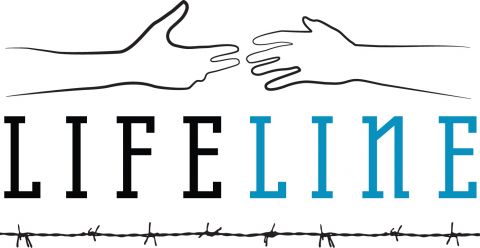
*Unfortunately, these grants cannot be used to support general operating expenses, staff salaries, or other humanitarian needs due to budget shortfalls. In addition, Lifeline grants cannot support initiatives that seek to address public health, access to services, or equitable distribution of health services or aid.
EMERGENCY / PROTECTION GRANTS: Through Freedom House and Front Line Defenders, Lifeline provides small, short-term protection grants to CSOs (including unregistered groups, movements, journalist collectives, networks, and formal NGOs) threatened because of their human rights work. If a CSO is threatened because of their work related to COVID-19, Lifeline grants can provide added security, legal representation, medical expenses directly related to the threat, temporary relocation, equipment replacement, and other urgently needed expenses. For more information or to apply, please email [email protected] or visit https://frontlinedefenders.org/secure/grant.php.
ADVOCACY GRANTS: Lifeline’s advocacy grants support CSOs to push back against civic space restrictions. In response to COVID-19 threats, Lifeline is temporarily broadening the criteria to address civic space concerns beyond freedom of association and assembly (FOAA). Projects could now monitor, document, and advocate on a broad range of violations or impact on civic space due to the COVID19 response. All advocacy grants must still have a clear and central focus on closing civic space, rather than violations against individual citizens, and should not exceed 6 months. Advocacy grants can analyze and push back against draft legislation, engage the general public on civil society issues, build CSO coalitions across sector, or strategically engage with the media for push for improved civic space coverage. In the COVID-19 context, projects could address:
- Misuse or expansive use of surveillance techniques and technologies to track and monitor CSOs, HRDs, media;
- Restrictions regarding internet access, access to information, and freedom of expression that impact civic space;
- Abuse of power and executive overreach, such as targeted application of laws to restrict CSOs and HRDs, police brutality that target civil society organizations, activists, journalists, etc.
RESILIENCY GRANTS: Resiliency grants provide support to high-risk CSOs to pro-actively mitigate threats they face or address operational challenges (i.e., legal, regulatory). If CSOs face operational obstacles because of the pandemic, resiliency grants could:
- Renew or update security protocols given the need for remote work, as well as public health restrictions;
- Train CSO members on digital security and campaigning and secure methods for organizing online;
- Support for well-being or psychosocial interventions that would help sustain a CSO given increased targeting;
- Providing tech support, software, and equipment in order to enable CSOs to sustain remote operations;
- Creating an online or virtual protection network that will trigger immediate response to threats experienced.
